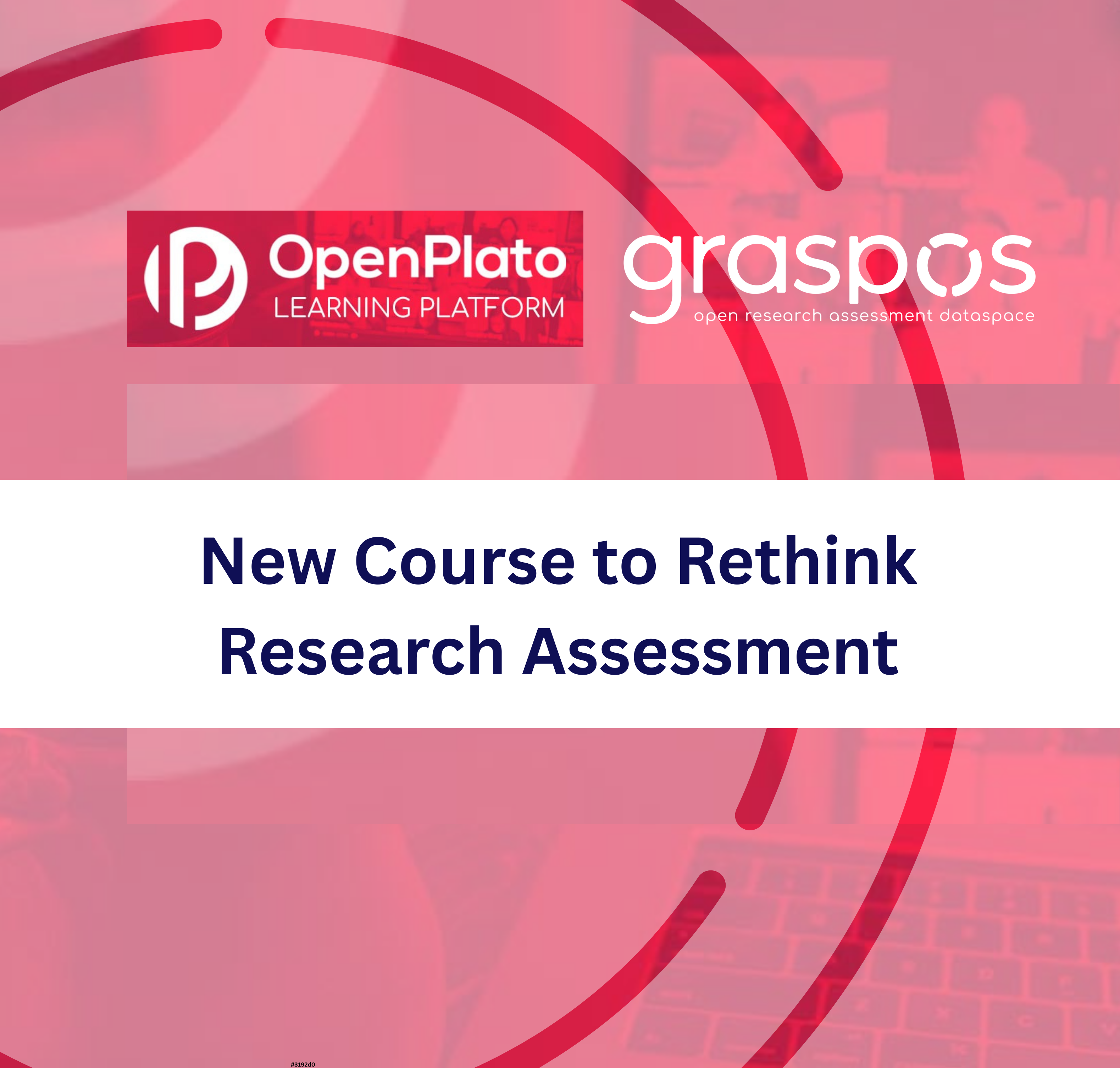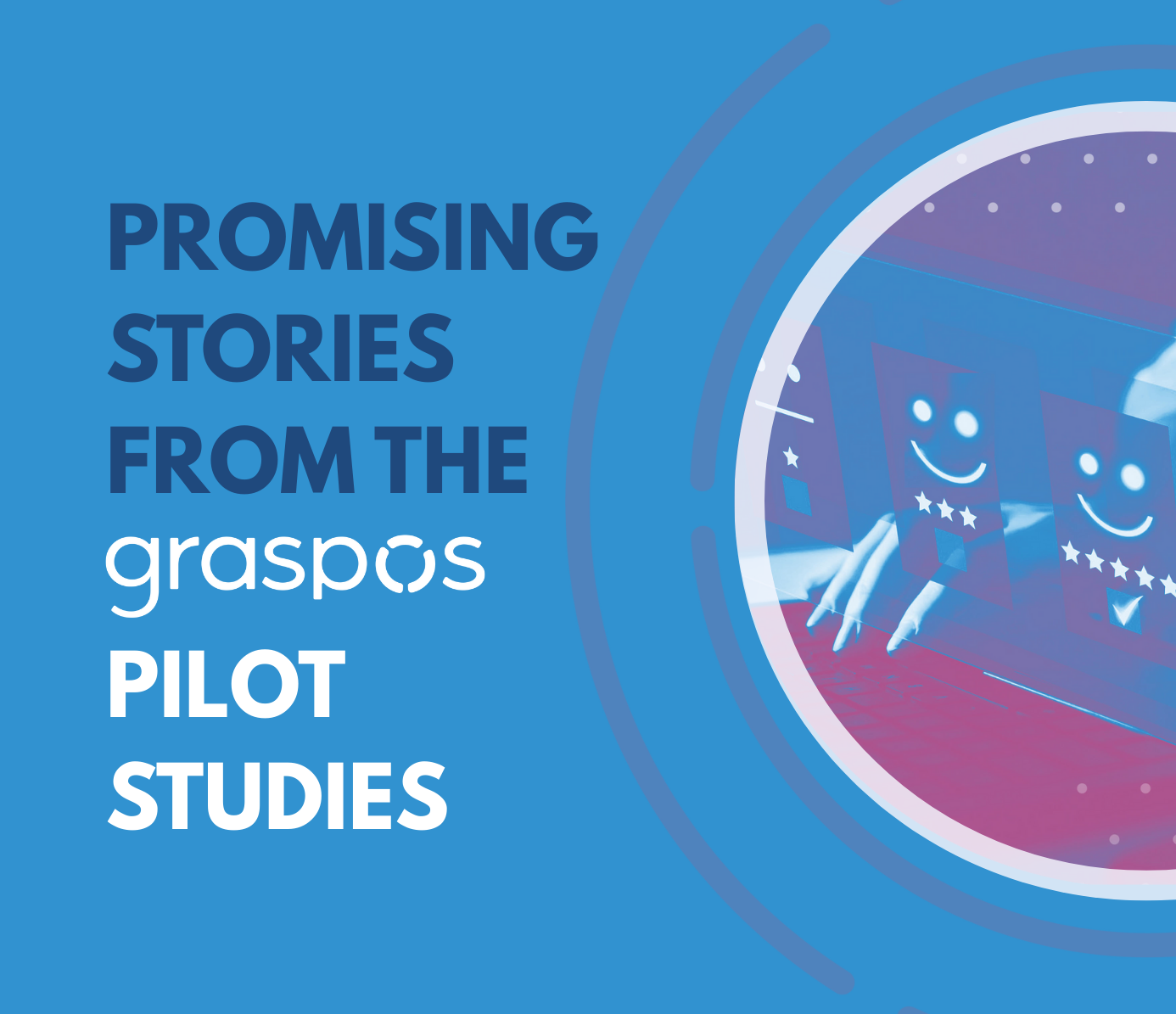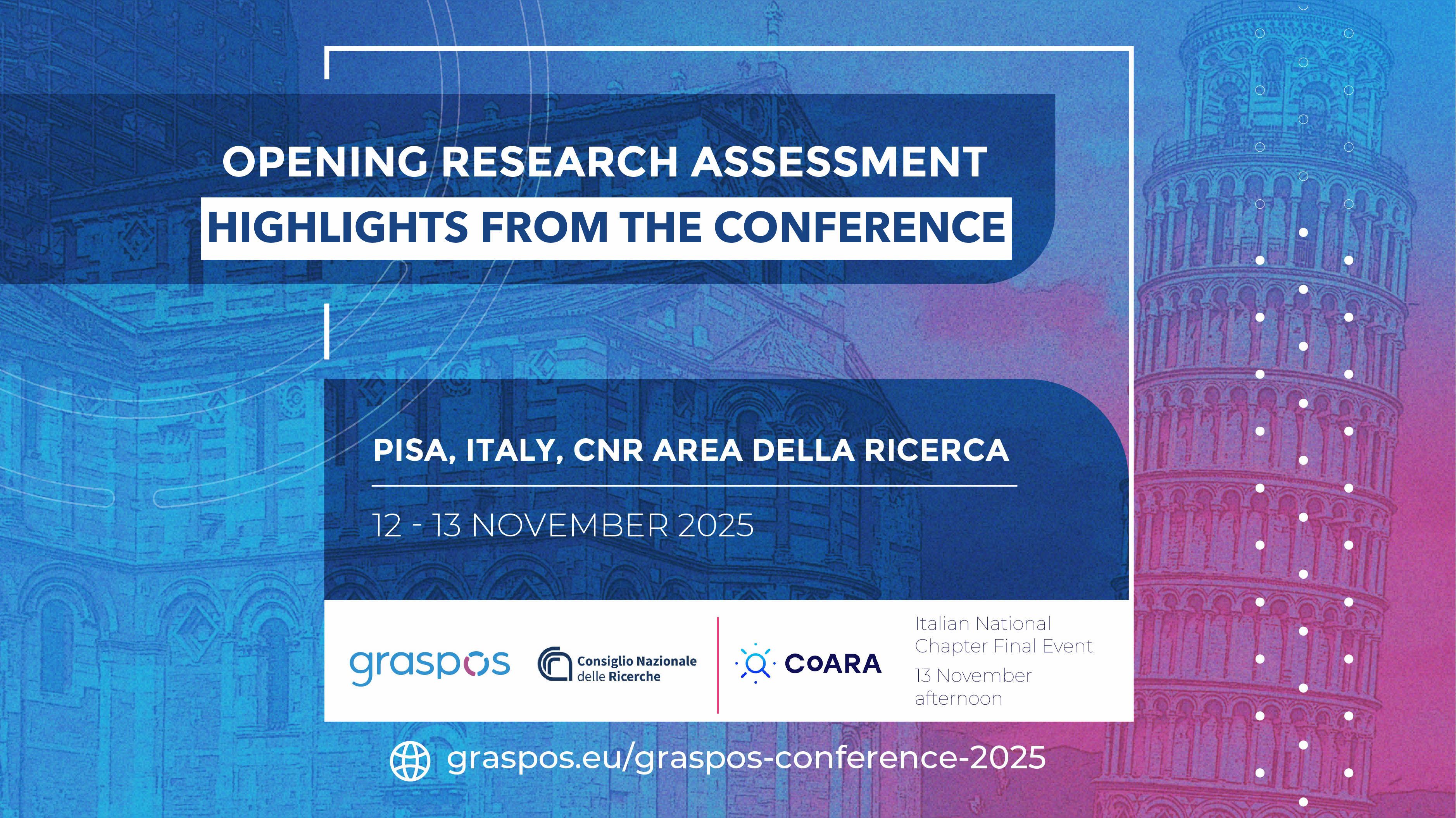Strengthening the EOSC Federation: the EOSC Winter School 2025

The EOSC Winter School 2025 has marked another important milestone in the process of fostering cooperation between Horizon Europe (HE) EOSC-related projects and advancing the build-up phase of the EOSC Federation. The event, which took place from 20-23 January in Seville, Spain, was organised by the EOSC Association, with the support of the EOSC Focus project and the HE EOSC-related projects.
In line with GraspOS’ commitment to support the EOSC Federation by building and delivering EOSC-integrated tools and services to support the advancement of Open Science-aware and responsible research assessment practices, several members of the GraspOS consortium attended the event. These included GraspOS coordinator Thanasis Vergoulis from Athena Research Center, Natalia Manola CEO of OpenAIRE AMKE, Leonidas Pispiringas (OpenAIRE), Paolo Manghi (OpenAIRE), Clifford Tatum (CWTS) and Josefine Nordling (CSC).
The Four Strategic Pillars identified in the EOSC Multi-Annual Roadmap (MAR) for the period 2026-2027 (Section 8.1-8.4 of the Strategic Research and Innovation Agenda (SRIA 1.3)) provided the framework of the event.
The four Strategic Pillars are:
- Sustaining and enhancing the EOSC Federation
- Contributing to the web of FAIR data and the uptake of AI
- Ensuring research security and sovereignty
- Linking with other Common European Data Spaces and beyond
This year’s edition was also built on the foundation laid by the 2024 event in Thessaloniki which had identified seven Opportunity Area Expert Groups (OAEG), each focused on advancing specific facets of the EOSC ecosystem. As a result, the event featured plenary sessions attended by all participants, and thematic sessions focusing on the OAEGs as well as four EOSC-Association Task Forces (TF) discussing how to achieve each Strategic Pillar.
These thematic sessions focused on:
- Persistent identifiers (OAEG1): Discussions revolved around the adoption of PIDs and associated technologies to improve findability and interoperability of digital objects and services.
- Interoperability in the EOSC (OAEG2): Sessions explored current approaches from EOSC-related projects and identified possible solutions to implement the EOSC Interoperability Framework.
- FAIR assessment and data objects (OAEG3): Participants reflected on the landscape of FAIR data, highlighting opportunities created by emerging standards and fostering a unified and transparent framework for FAIR assessments.
- User and resource environments: Trusted VREs (Virtual Research Environments) and EOSC Federation Model (OAEG4): The EOSC Federation Handbook was presented. Sessions also addressed the technical procedures to enrol as an EOSC Node or to onboard services to a pre-existing EOSC Node.
- Skills and engagement (OAEG5): In line with the first General Objective of the SRIA which prioritises the uptake of Open Science practices, sessions focused on defining strategies related to training, engagement and recognising and rewarding contributions to Open Science. The latter topic, recognising and rewarding contributions to Open Science, is of particular interest to GraspOS, as we have similar aims in facilitating adoption of Open Science practices. In the EOSC Winter School context, adoption of Open Science is synonymous with adoption of EOSC practices. In the break sessions, several OA5 workstreams were aligned with recently formulated ‘MAR’ pillars. GraspOS members Clifford Tatum and Thanasis Vergoulis contributed to development of the Recognition and Reward workstream.
- Integrating open scholarly communication within EOSC (OAEG6): Discussions explored the role of Open access models for scholarly communication and their advancements in the EOSC.
- Research Software (OAEG7): Sessions mapped the state-of-the-art of current initiatives and projects and identified possible steps towards defining an interoperable, community-driven vision for research software within the EOSC.
Save the date!

The EOSC Symposium 2025 will take place in Brussels from 3-5 November 2025. Last year’s event featured more than 450 participants attending on site in Berlin and more than a thousand online from 64 nations. Additional information on the Symposium will soon be made available.



